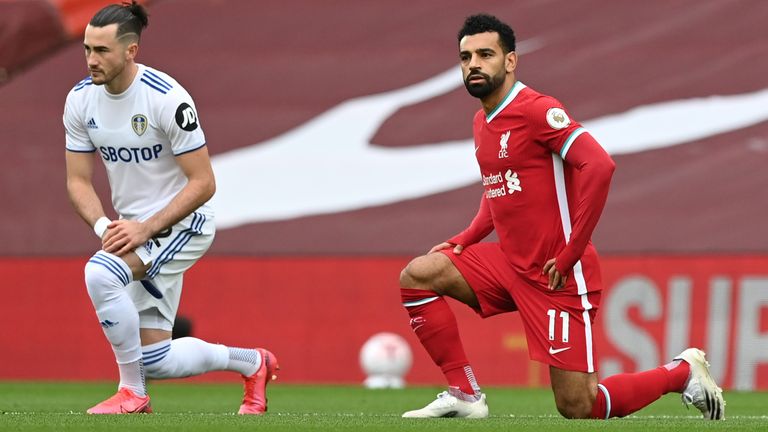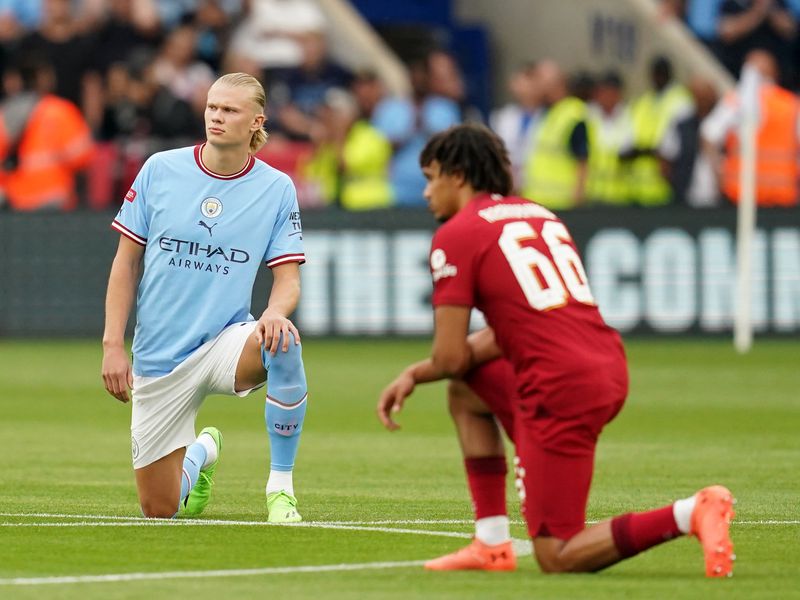Premier League clubs are weighing whether to retire the routine pre‑match act of taking the knee from the 2025/26 campaign after England’s women chose to stand at Euro 2025 in protest at racist abuse aimed at defender Jess Carter. League officials will canvass the views of all 20 club captains in the customary pre‑season meeting before reaching a decision, underscoring wider debate about how best to show visible solidarity against discrimination five years after the gesture swept through the domestic game. A change could see the knee used sparingly, replaced, or dropped entirely.
England halted the knee before their semi‑final against Italy, saying the act had become repetitive and was no longer provoking urgent conversation about racism. Head coach Sarina Wiegman described its impact as “not good enough,” while senior players Lucy Bronze and Georgia Stanway argued that standing instead might refocus attention and spur stronger action, especially on social‑media abuse. Carter publicly detailed the racist messages she has received during the tournament and has stepped back from online platforms to protect her wellbeing, prompting a wave of support from teammates and beyond.

Taking the knee first appeared in the Premier League in June 2020 when Aston Villa met Sheffield United in the initial match after the Covid shutdown, part of a player‑led response to the global reckoning on race following the murder of George Floyd in the United States. The practice spread to England’s national teams and across the EFL, though many sides have since scaled back. For 2024/25, the Premier League confined the gesture to high‑profile moments: the opening and final match rounds and dedicated No Room For Racism fixtures in October and April, signalling an ongoing shift toward targeted activations rather than weekly repetition.
Reactions to England’s stance expose clear divisions among anti‑racism advocates. Kick It Out backed players prioritising safety and mental health and urged tougher measures against online hate. The Professional Footballers’ Association has also been broadly supportive. By contrast, the international network Fare contends the knee remains a powerful, visible repudiation of racism especially salient in a league where more than a third of players are Black and cautions against abandoning symbolic acts while abuse persists.
Whatever captains decide, league leadership continues to emphasise that confronting discrimination extends beyond pre‑match rituals. Current No Room For Racism programmes include education initiatives, abuse‑reporting systems and sustained support for affected players and communities. The forthcoming consultation will determine how, not whether, that message is expressed when the new season kicks off.

